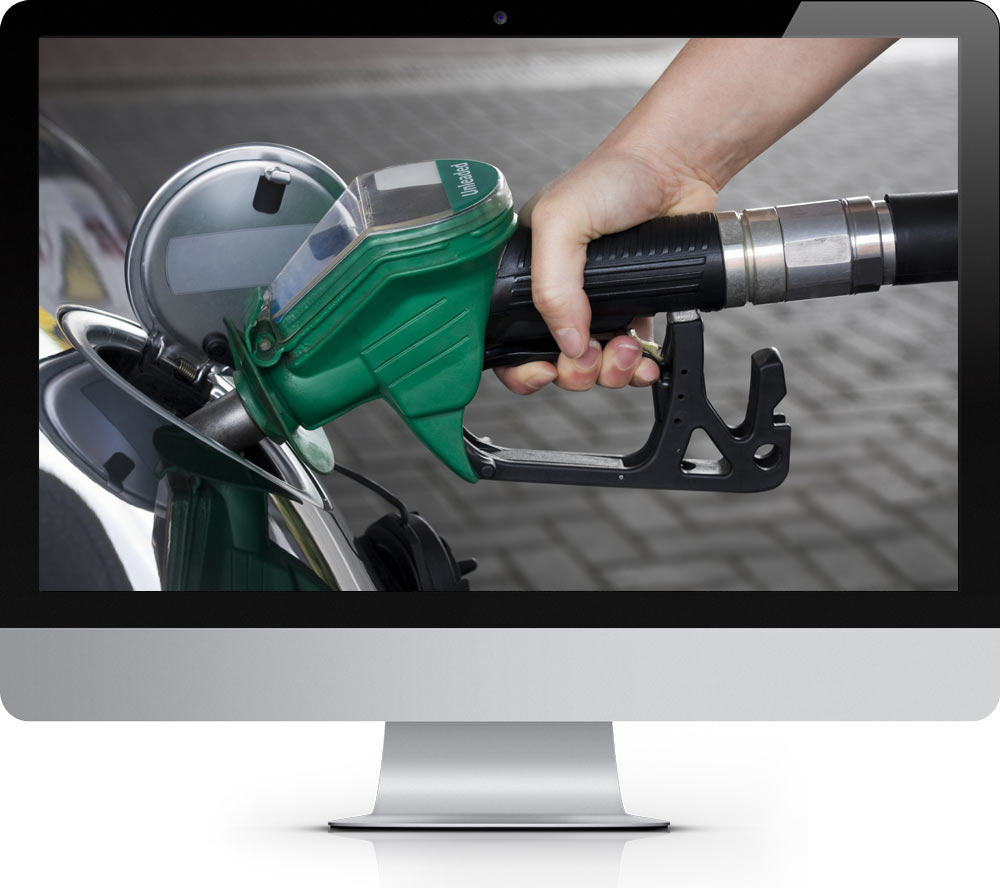Unlock Your Leon FR’s Beast Mode: The Diesel Remap Secret You NEED to Know
Meta Title: Leon FR Diesel Remap: Unleash Hidden Power & Efficiency
Meta Description: Learn how a diesel remap can transform your Seat Leon FR! Discover the benefits, potential risks, and everything you need to know to unlock your car’s full potential.
Is your Seat Leon FR feeling a little… tame? Do you yearn for more punch off the line, better fuel economy, and a driving experience that truly reflects the “FR” designation? If so, you’ve likely considered a diesel remap. This article dives deep into the world of engine remapping, specifically for the Leon FR, explaining what it is, how it works, the benefits, the potential drawbacks, and what you need to know before taking the plunge.
What is a Diesel Remap? Decoding the Engine Control Unit (ECU)
A diesel remap, also known as ECU (Engine Control Unit) tuning, is a process of modifying the software that controls your car’s engine. Think of the ECU as the brain of your car, constantly monitoring sensors and adjusting various parameters to optimize performance and efficiency. These parameters include:
- Fuel delivery
- Boost pressure (for turbocharged engines)
- Ignition timing
- Air-fuel ratio
Manufacturers often program their ECUs with conservative settings to prioritize reliability, cater to a broad range of driving conditions, and adhere to emissions regulations. A remap involves reading the existing software from your ECU, modifying it to optimize these parameters, and then rewriting the modified software back into the ECU. This allows you to potentially unlock hidden power and torque that the engine is capable of producing.
The Benefits of a Leon FR Diesel Remap
The primary allure of a diesel remap for your Leon FR lies in its potential to significantly enhance performance and, surprisingly, sometimes even fuel economy. Here’s a breakdown of the key benefits:
- Increased Power and Torque: This is the most noticeable change. A well-executed remap can dramatically increase horsepower and torque, leading to quicker acceleration, improved overtaking ability, and a more engaging driving experience. Expect substantial gains, often in the range of 20-40% depending on the engine and the quality of the remap.
- Improved Throttle Response: The “lag” often associated with turbocharged diesel engines can be significantly reduced. A remap can optimize boost delivery, making the engine feel more responsive and eager to react to your throttle inputs.
- Enhanced Fuel Efficiency: While counterintuitive, a remap can improve fuel economy under certain driving conditions. By optimizing the air-fuel ratio and combustion process, the engine can become more efficient, especially at cruising speeds. This is often achieved by increasing torque at lower RPMs, requiring less throttle to maintain speed.
- Customization: A reputable tuner can tailor the remap to your specific needs and driving style. This might include prioritizing power, fuel economy, or a balance of both.
Understanding the Risks and Potential Drawbacks
While the benefits are attractive, it’s crucial to be aware of the potential risks associated with a diesel remap. These include:
- Increased Stress on Engine Components: Pushing the engine beyond its factory specifications inevitably puts more stress on components like the turbocharger, clutch, and gearbox. This could potentially lead to premature wear and tear and, in extreme cases, failure.
- Reduced Engine Lifespan (Potentially): While not guaranteed, aggressive remapping can potentially shorten the lifespan of your engine if not done correctly or if the engine is not properly maintained.
- Voiding Warranty: Modifying your ECU can void your manufacturer’s warranty. This is a significant consideration, especially for newer vehicles.
- Emissions Concerns: A remap can potentially affect your car’s emissions, potentially leading to problems with MOT testing or other emissions checks.
- Poorly Executed Remaps: A poorly executed remap can result in poor performance, rough running, and even damage to your engine. Choose a reputable tuner with a proven track record. [Link to a reputable tuner directory or review site]
Choosing the Right Tuner: Key Considerations
Selecting a reputable tuner is paramount to a successful and safe remap. Here’s what to look for:
- Experience and Reputation: Research the tuner’s background, experience, and customer reviews. Look for a tuner with a long-standing reputation for quality work and a track record of successful remaps. Check online forums and social media groups dedicated to Seat Leon FRs.
- Dyno Testing: A good tuner will offer dyno testing before and after the remap. This allows them to measure the actual power and torque gains and ensure the remap is performing as intended. The dyno also helps in identifying any potential issues.
- Customization Options: Ensure the tuner offers customization options to tailor the remap to your specific needs and driving style.
- Warranty and Support: Inquire about any warranty offered on the remap and the level of support provided after the service.
- Data Logging: A reputable tuner will use data logging to monitor engine parameters during the remap process, ensuring the engine is running safely and efficiently.
The Remapping Process: A Step-by-Step Guide
The remapping process typically involves the following steps:
- Diagnostic Check: The tuner will perform a diagnostic check to identify any existing issues with your engine.
- ECU Reading: The tuner will read the existing software from your ECU using specialized tools.
- Software Modification: The tuner will modify the software based on your requirements and the engine’s capabilities.
- ECU Writing: The modified software is written back into the ECU.
- Dyno Testing (Optional but Recommended): The car is tested on a dynamometer to measure the performance gains.
- Road Testing: The tuner will road test the car to ensure the remap is performing correctly and that there are no issues.
Real-World Example: Case Study of a Leon FR Diesel Remap
Let’s consider a real-world example. A 2015 Seat Leon FR 2.0 TDI (184 PS) is taken to a reputable tuner. Before the remap, the car produces 180 PS and 380 Nm of torque on the dyno (slightly below factory figures due to normal wear). After the remap, the car produces 225 PS and 480 Nm of torque. This represents a significant increase in power and torque, resulting in a noticeable improvement in acceleration and overall driving experience. The owner also reported a slight improvement in fuel economy during highway driving. [Insert a link to a relevant forum discussion or case study where possible]
Conclusion: Unleash the Potential, Drive Smarter
A diesel remap can unlock the hidden potential of your Seat Leon FR, offering a significant boost in performance and potentially even improved fuel economy. However, it’s crucial to approach this modification with careful consideration. Research reputable tuners, understand the potential risks, and prioritize the health and longevity of your engine. By making informed decisions and choosing a reputable professional, you can transform your Leon FR into a true beast, ready to conquer the road. Remember to prioritize safety and responsible driving after the remap. [Link to a driving safety resource]




